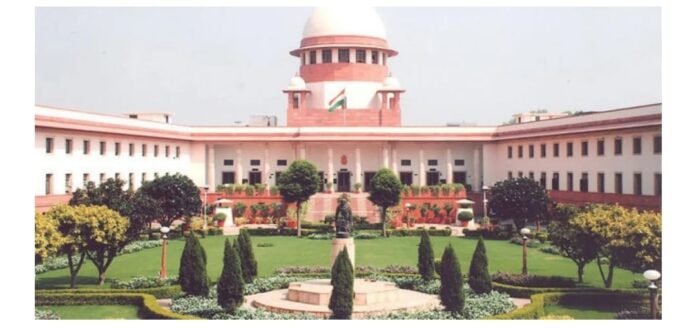In a significant development, the Supreme Court of India has agreed to hear a plea presented by the Manipur government, challenging a recent order from the High Court. The order, which pertains to the partial lifting of an internet ban imposed in the state, has become a subject of contention between the two judicial bodies.
The Manipur government seeks to contest the decision made by the High Court to partially lift the internet ban, which had been enforced in certain regions of the state. The government’s plea highlights concerns related to public safety and national security as the primary reasons for maintaining the restrictions.
The internet ban, implemented by the state authorities, had been put in place to address security concerns and maintain law and order. However, the High Court recently ruled that the internet ban should be partially lifted, stating that it had resulted in significant inconveniences to the public.
Now, with the case scheduled for review in the Supreme Court, the apex judicial body will carefully consider the arguments put forth by the Manipur government. The court will delve into the intricacies of the case, examining the balance between maintaining public safety and upholding the right to access information and communication.
The outcome of this legal battle holds substantial implications for both the government’s security measures and the citizens’ rights to internet access. The Supreme Court’s decision will play a crucial role in shaping the future of internet regulations and restrictions in the state of Manipur.
As the hearing approaches, legal experts and civil rights advocates are closely monitoring the developments of the case. The Supreme Court’s decision will not only impact the specific situation in Manipur but may also set a precedent for similar cases in the future, influencing the stance on internet bans and their implementation across the country.
While awaiting the Supreme Court’s verdict, both the Manipur government and the public eagerly anticipate the resolution of this contentious issue. The court’s decision will undoubtedly provide clarity and guidance on the delicate balance between security concerns and citizens’ fundamental rights in the digital age.


